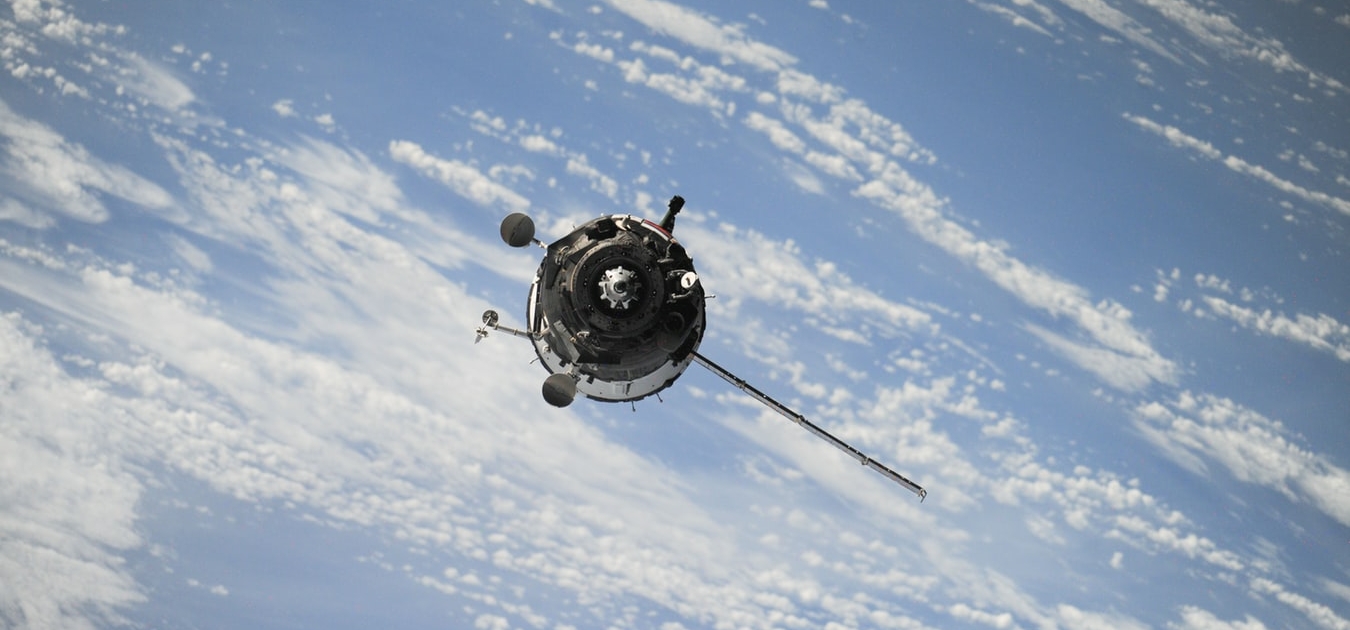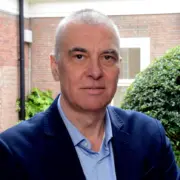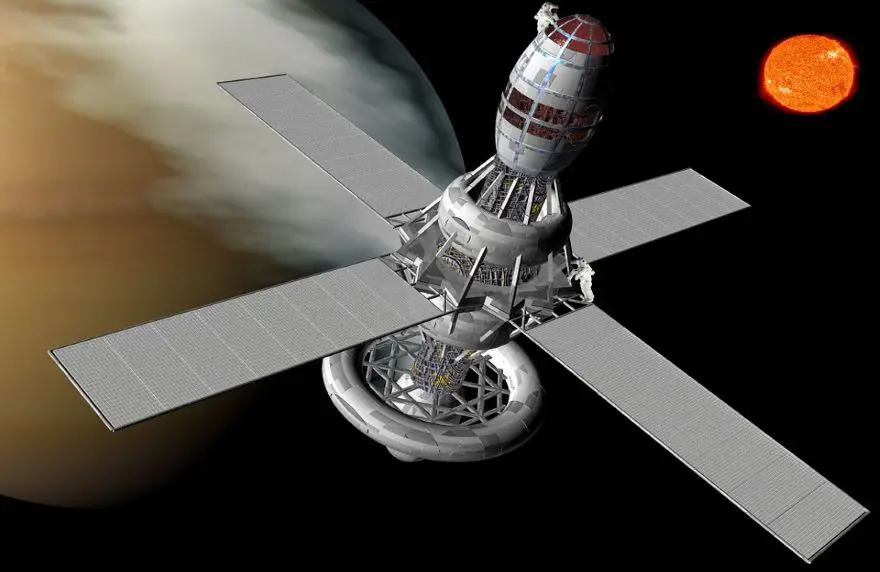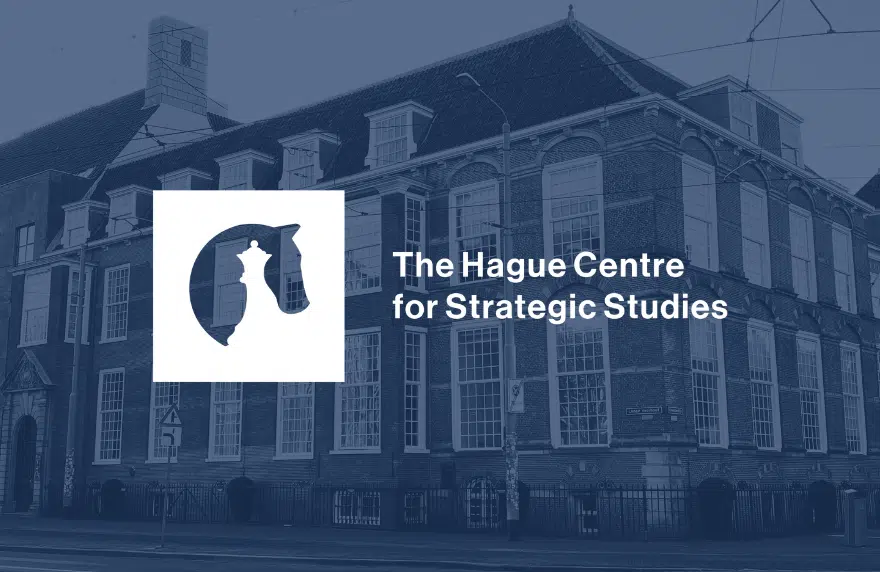Terwijl de Navo wordt verscheurd door ruzies, onderling wantrouwen en andere aardse problemen, richt het bondgenootschap eensgezind de blik naar boven. Tijdens de tweedaagse Navo-top die dinsdag begint, wordt de ruimte officieel uitgeroepen tot werkgebied (‘operationeel domein’), naast land, lucht, zee en cyber. De Volkskrant sprak erover met o.a. Patrick Bolder, Strategic Analyst bij The Hague Centre for Strategic Studies.
De ruimte als vijfde potentieel oorlogsgebied, al verklaren Navo-chef Jens Stoltenberg en lidstaten als Nederland om het hardst dat het vooral gaat om defensie (bescherming van satellieten) en niet ‘om militarisering van de ruimte’. ‘De ruimte is deel van ons dagelijkse leven’, stelt Stoltenberg. ‘Ze kan gebruikt worden voor vreedzame doeleinden, maar ook op agressieve wijze. Satellieten kunnen elektronisch gestoord worden, gehackt of bewapend. Anti-satellietwapens kunnen communicatie platleggen en andere essentiële activiteiten in onze samenleving, zoals luchtverkeer, weersvoorspellingen en bankieren.’
Aan de Navo de taak om de ruimte te gebruiken voor afschrikking en defensie, de belangrijkste pijlers van het bondgenootschap. Navigatie, het verzamelen van inlichtingen en het ontdekken van raketlanceringen zijn goeddeels afhankelijk van satellieten. De Navo beschikt daar zelf niet over, maar kan straks een beroep doen op de capaciteit van individuele lidstaten. Er bevinden zich zo’n 2.000 satellieten in de ruimte; ruwweg de helft daarvan is afkomstig uit Navo-lidstaten.
Is de ruimte ‘het volgende oorlogsgebied’, zoals president Donald Trump zei? Dreigt een wapenwedloop in de ruimte – in tegenstelling tot wat Stoltenberg beweert? Er bestaat geen verbod op het plaatsen van conventionele wapens in de ruimte, wel op nucleaire (Outer Space Treaty, 1967). Een ruimtewapen kan vanuit de ruimte worden ingezet maar ook vanaf de aarde worden gelanceerd. Voor zover bekend zijn er geen bewapende satellieten in een baan om de aarde gebracht. Wel beschikken landen over satellieten die de communicatie van andere satellieten kunnen ‘oppikken’. ‘Daarin schuilt het gevaar van spionage en manipulatie’, zegt luchtmachtofficier Patrick Bolder, verbonden aan het Den Haag Centrum voor Strategische Studies.
Satellieten kunnen ook geheel uitgeschakeld worden, hetzij vanuit de ruimte, hetzij vanaf de aarde. Laserstralen kunnen een satelliet ‘verblinden’ en daarmee onbruikbaar maken, stelt Bolder. Ook spreekt hij over ‘magnetronwapens, die een bundel energie afvuren op een satelliet en het binnenste ervan verbranden’. Het ‘voordeel’ is dat de satelliet bij zo’n aanval niet in talloze brokstukken uiteenvalt.
Lees het complete Volkskrant artikel door Theo Koelé van 3 december 2019 hier.






